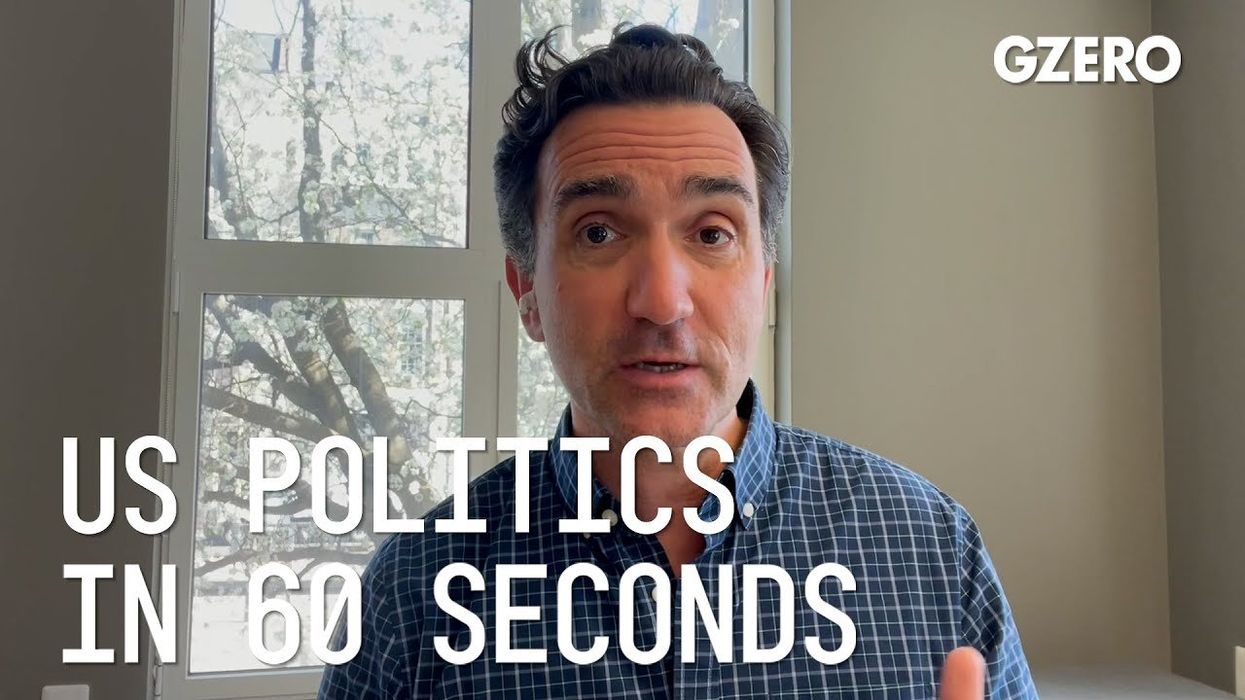ask ian
Biden's Israel policy hurts his 2024 reelection chances from all angles
Why is Biden's handling of the Israel-Hamas war hurting his reelection bid? Does France have a terrorism problem? Are Venezuela and Guyana on the brink of war? Ian Bremmer shares his insights on global politics this week on World In :60.
Dec 06, 2023


